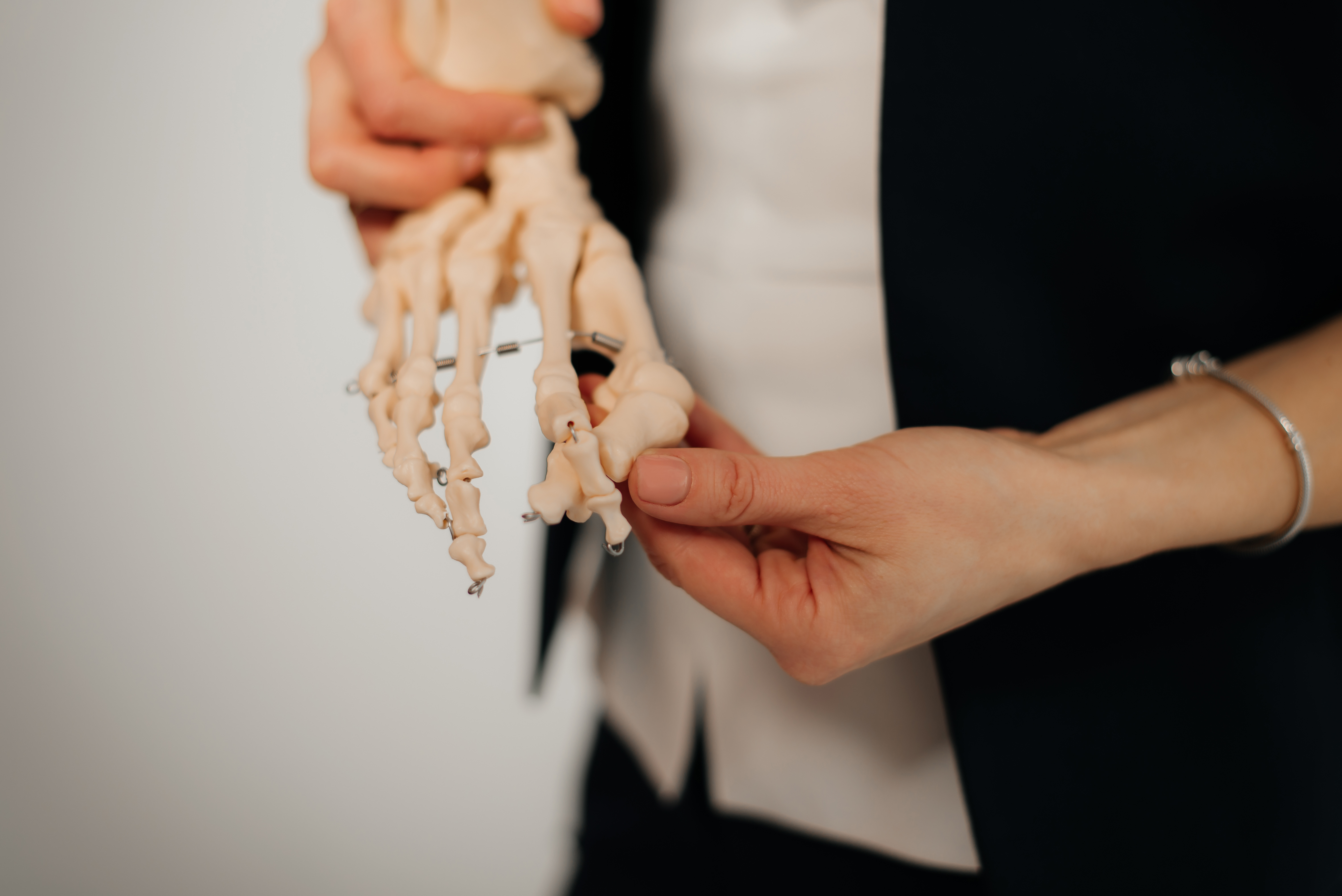Early Warning Signs of Hormone Imbalance in Women Over 40
11. Menstrual Changes: The Cycle's Subtle Shifts

Changes in the menstrual cycle are one of the most noticeable signs of hormonal imbalance in women over forty. As women approach menopause, their menstrual cycles may become irregular, with changes in frequency, duration, or flow. These changes are often linked to fluctuations in estrogen and progesterone levels, which regulate the menstrual cycle. Additionally, stress and lifestyle factors can also impact menstrual regularity. Understanding the connection between hormones and menstrual changes is crucial for managing reproductive health. Keeping track of menstrual patterns and recognizing any significant changes can provide valuable insights into hormonal health. In some cases, medical interventions, such as hormone replacement therapy or other targeted therapies, may be necessary to address underlying hormonal imbalances and support menstrual regularity. By recognizing the connection between hormones and menstrual health, women can take proactive steps to maintain their reproductive well-being.
12. Bone Health: The Silent Strength

Bone health is a critical concern for women over forty, and hormonal imbalances can significantly impact bone density and strength. Estrogen plays a crucial role in maintaining bone health by regulating the balance between bone formation and resorption. As estrogen levels decline, particularly during menopause, women may experience a decrease in bone density, increasing the risk of osteoporosis and fractures. Additionally, other hormones, such as parathyroid hormone and vitamin D, also play roles in bone health. Addressing bone health requires a comprehensive approach that includes both lifestyle modifications and medical interventions. A balanced diet rich in calcium and vitamin D, along with regular weight-bearing exercise, can help support bone health and prevent bone loss. In some cases, medical interventions, such as hormone replacement therapy or osteoporosis medications, may be necessary to address underlying hormonal imbalances and maintain bone density. By recognizing the connection between hormones and bone health, women can take proactive steps to maintain their skeletal strength and prevent fractures.
